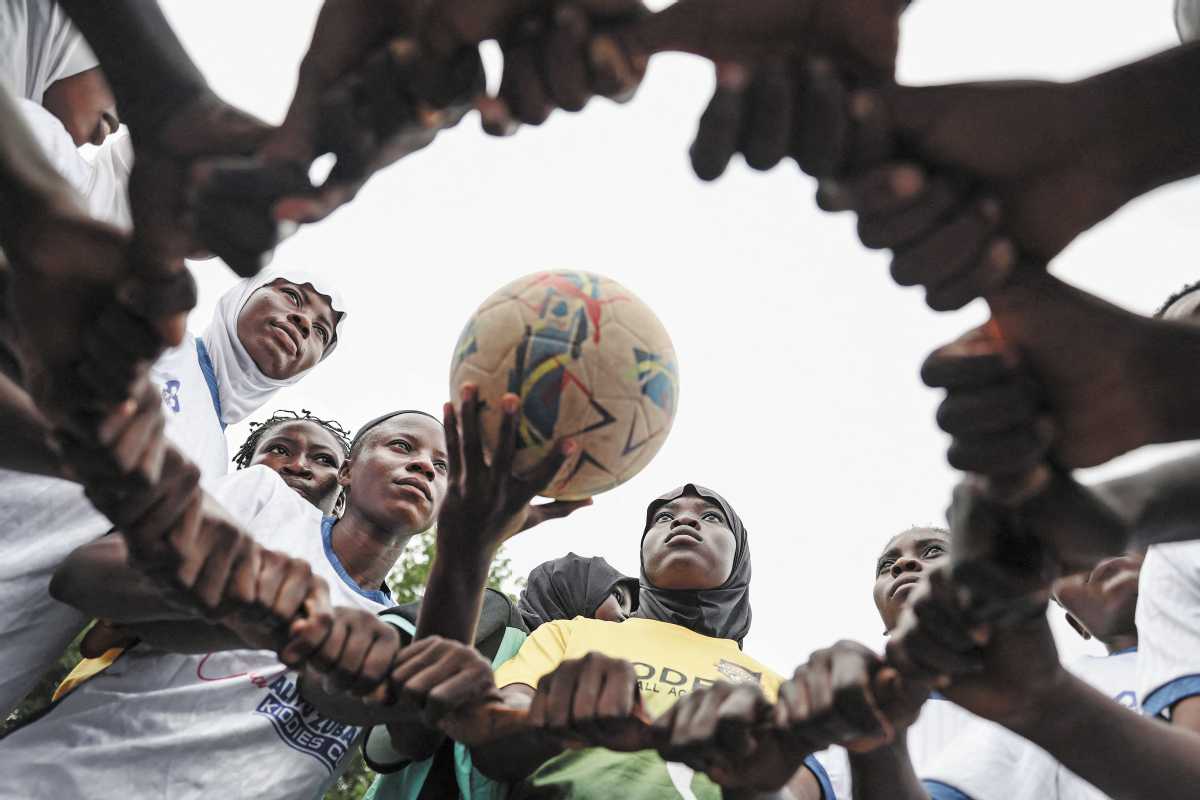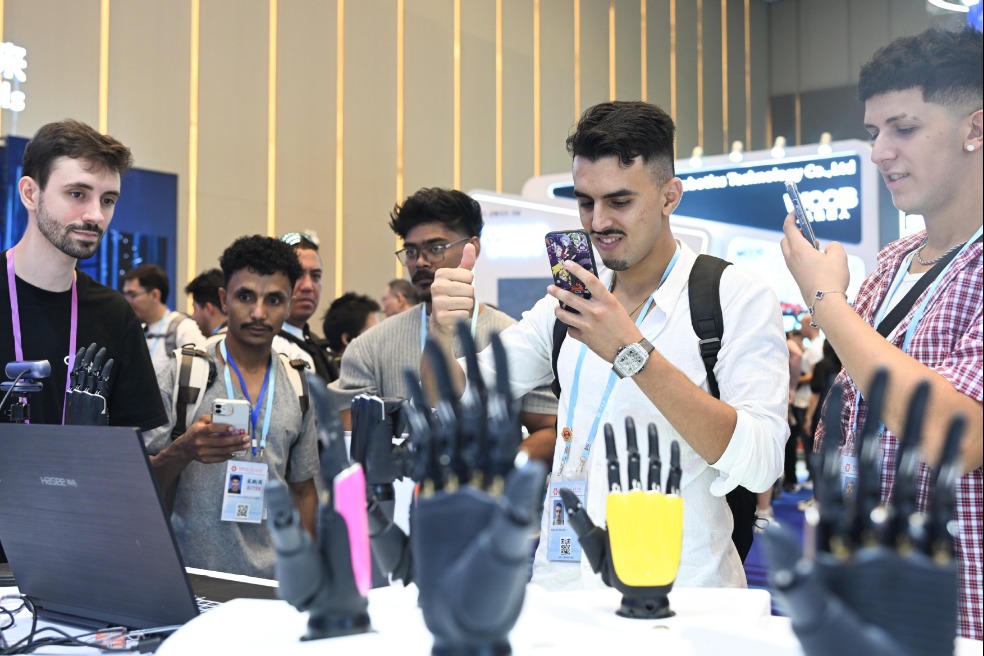Shifting the goalposts
Teenage girls in Nigeria's Islamic heartland are reshaping societal perceptions through soccer


In north central Nigeria's Muslim-majority Kwara State, where religious traditions shape daily life, a group of girls is challenging cultural norms by playing soccer.
They've embraced the game's team spirit, competitive thrill, plus the highs and lows of winning and losing, all while trying to ignore the disapproval of those who consider it unsuitable for women who choose to dress modestly.
As Maryam Muhammed laces up her boots and heads to soccer training at a local school in Ilorin, she feels the sweltering heat — made worse by her hijab and leggings — as well as the scorn from some in the local community.
Muhammed, 17, regularly hears taunts as she walks to her training sessions with the Model Queens Football Academy.
"They tell me I won't achieve anything. But I believe I will achieve something big," she said.
Despite the discomfort, it is important to her to cover up when she plays rather than wear shorts and a T-shirt.
"Sometimes it feels like I want to open the hijab, but I must not expose my hair," she said. "I have to put it on as a good Muslim."
Hijabs, which cover the head and neck, were barred by soccer's world governing body FIFA on safety grounds in 2007, a move which led to the Iranian women's team being banned from a qualifying match for the 2012 Olympics. The ban was relaxed in 2012, and the hijab fully permitted in 2014.
Nouhaila Benzina of Morocco became the first player to wear a hijab at a senior women's World Cup in 2023.
























